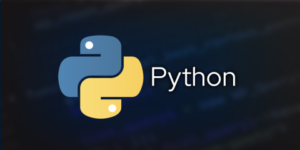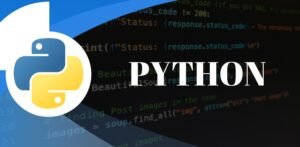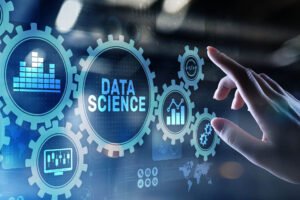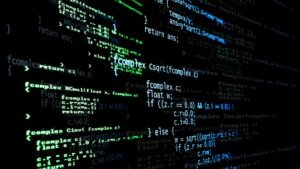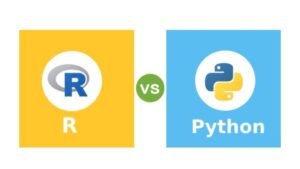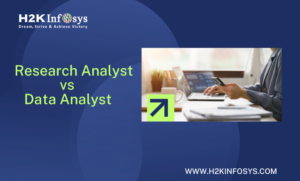If you are interested in a career in Data Scientist, the field’s well reported employment growth may have piqued your interest. In fact, the statistics are tantalising on any level: the Bureau of Labor Statistics reports that the typical median wage for data scientists in 2021 was an incredible $100,910 annually, and that the field is expected to experience an astounding 36% job employment growth rate by 2031. Anybody with an aptitude for computer science or engineering should be intrigued by these numbers.
Nevertheless, despite the great job statistics for data scientists, many are put off by the requirement for what seems to be substantial education in order to work as a data scientist and earn that level of compensation. It is true that employers will value candidates with advanced degrees more, particularly for roles at the highest levels of data management and consulting. Some people believe that the wonderful chances that are so extensively reported won’t be as plentiful without a PHD in data science.
So, in order to benefit from this booming business and become a data scientist, do you need a PhD? Simply put, no!
Data science master’s degree holders are also in a strong position to compete for the highest-paying employment in the industry. The reality is that in the field of data science, your actual skill set will count more than your academic background; in other words, employers will be concerned with your credentials insofar as they demonstrate that you have acquired the requisite knowledge to serve as an expert on their team.
Technically, one doesn’t even need a degree to become a data scientist, yet it is far from simple to complete the required schooling on their own and much more difficult to demonstrate their skill without one. PhD holders are in high demand for the best data science positions since they have the highest degree of training and education. Without a PhD, you can still become a data scientist, and a master’s degree should also help you advance professionally by demonstrating a very high level of knowledge and skill.
There are several great programs that can help you acquire the advanced knowledge you want if you want to pursue a PhD in data science. You can get more information about other programs and certifications in Data science by checking out the online Data science course. But here is a brief information about a Bachelor’s degree in Data science.
Bachelor’s in Data Science as Data Scientist
Obtaining a bachelor’s in data science can be a great method to gain a solid foundation in the field’s fundamental ideas if you are interested in data science but do not yet hold a bachelor’s degree. You’ll study the fundamental coding languages needed for any data science career, get an introduction to the interdisciplinary nature of data science, and examine important problems in the rapidly developing field of big data.
To be clear, admission to a master’s program does not require a data science bachelor’s degree. Take note if you’re thinking of getting a master’s in data science. However, beginning your education at the bachelor’s level will enable you to begin developing your knowledge of the subject and your competence in it early, opening up new horizons and transforming you into an extremely qualified and competent data scientist in the future. Even before receiving your degree, you might be able to locate internships or entry-level jobs that will provide you with your first work experience in the industry. Finding a bachelor’s program with a major or specialisation in data science is the best option if you’re eager to enter the big data industry. It is the perfect way to hit the ground running.
Top Jobs for Those Who Hold a Bachelor’s in Data Science as Data Scientist
There are many positions that can help persons with bachelor’s degrees in data science advance in their careers, even though master’s degrees in the subject will open up top-tier employment chances. They consist of the following:
- Database administrator
- Junior data analyst
- Junior data engineer
- Market research analyst
Aspiring data scientists can gain practical experience in these entry-level positions, identifying their areas of interest and developing the skills necessary to succeed in a master’s degree.
Conclusion
In conclusion, you don’t really need a PhD to become a Data scientist, but it will give you an upper advantage if you have one. Visit the Data Science online course to learn more about bachelor’s in data science programs, including details on admission requirements, costs, and available community colleges.








